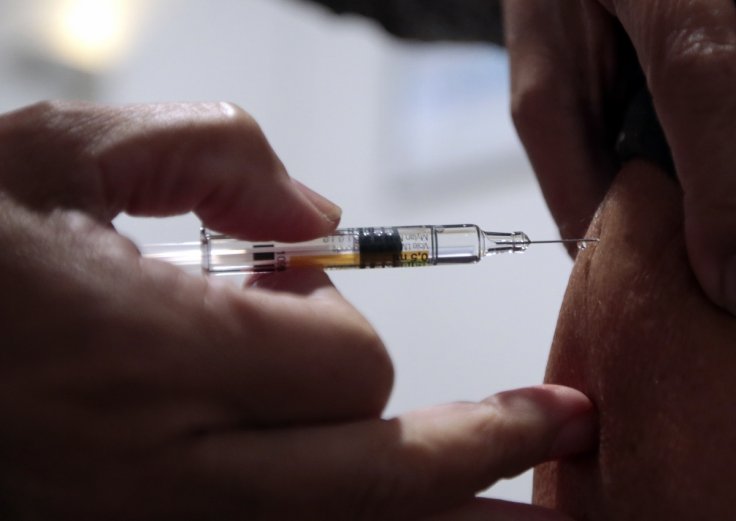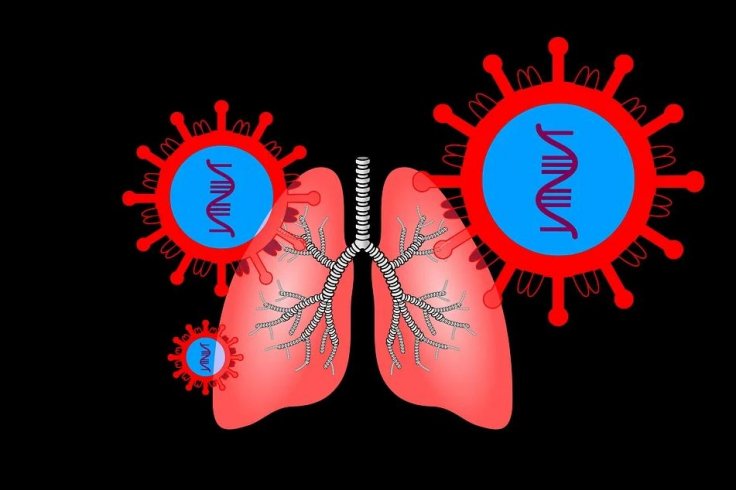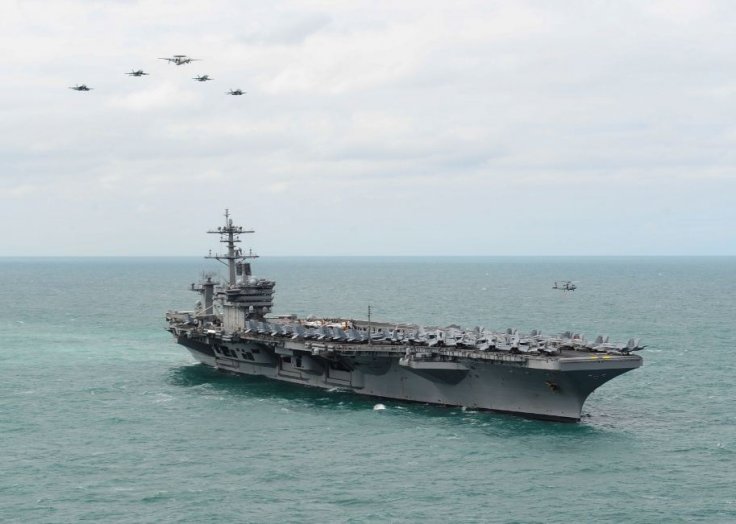Finding a cure or vaccine against COVID-19 is crucial in the fight against the disease. However, the immediate concern remains the boosting of immune systems of individuals in order to make them less susceptible to the coronavirus, and tackling the symptoms induced by it. A new paper suggests that the MMR (measles, mumps, rubella) vaccine could play an important role in this regard.
In a new perspective article, researchers propose that vaccinating immunocompetent individuals with MMR may serve as a barrier against the lung inflammation and sepsis resulting due to the coronavirus infection.
"Live attenuated vaccines seemingly have some nonspecific benefits as well as immunity to the target pathogen. A clinical trial with MMR in high-risk populations may provide a low-risk-high-reward preventive measure in saving lives during the COVID-19 pandemic," Dr. Paul Fidel, Jr., lead author of the paper said.

Providing 'Nonspecific' Protection
Live attenuated vaccines are those that contain a 'live' or viable version of the pathogen whose virulence has been reduced. In theory, they offer protection against the disease caused by the target pathogen. However, there is increasing evidence supporting the hypothesis that these vaccines can provide nonspecific protection against life-threatening infections caused by pathogens unrelated to the pathogen targeted.
They do so by inducing trained nonspecific innate immune cells to provide improved responses against ensuing infections. Live attenuated vaccines promote nonspecific protection by training parent leukocytes (immune system cells) in the bone marrow to operate beneficially against broader infection attacks.

For example, Dr. Robert Gallo, a world-renowned virologist known for his research on HIV, recently suggested that the Oral polio vaccine (OPV) could help boost the immune response against COVID-19. His assertion is based on the findings of Russian virologists Dr. Mikhail Chumakov and Marina Voroshilova, who found in the 1970s that those who received OPV seemed to be protected against influenza as well.
Inducing 'Trained Innate Immunity'
In laboratory experiments by the authors, vaccination using a live attenuated fungal strain-induced was able to train innate immune responses against potent polymicrobial sepsis. This protection was conciliated by myeloid-derived suppressor cells (MDSCs)—immune cells arising from the bone marrow. In experimental models, MDSCs have been found to inhibit septic inflammation and reduce mortality.
According to the scientists, an MMR vaccine could lead to the inducing of MDSCs that could arrest or decrease adverse lung inflammation brought on by COVID-19. It has been widely reported that there is a strong association between escalating lung inflammation and subsequent sepsis and the coronavirus infection.
"While we are conducting the clinical trials, I don't think it's going to hurt anybody to have an MMR vaccine that would protect against the measles, mumps, and rubella with this potential added benefit of helping against COVID-19," expressed Dr. Fidel.
Outbreak On USS Roosevelt A Live Example?

In order to support their hypothesis, the researchers cite the outbreak of COVID-19 aboard USS Roosevelt as an example. Mild symptoms were observed in 955 sailors who had tested positive for the infection, with only one resulting in hospitalization. The authors posit that this could have been the result of the practice of vaccinating US Navy recruits with MMR.
Also adding credence to the hypothesis is epidemiological data that shows a correlation among people in geographical areas where MMR vaccine is routinely administered and lower COVID-19 deaths. Furthermore, the researchers point out that the impact of the disease on children has been low.
They postulate that children are protected from sepsis-inducing viral infections due to more frequent and recent exposure to live attenuated vaccines. This, in their opinion, induces the trained suppressive MDSCs that inhibit sepsis and inflammation.

Inoculating Frontline Workers With MMR
While the scientists call for a clinical trial to test their theory, they stress that all adults, more specifically frontline personnel who are at increased risk of contracting COVID-19, be given the MMR vaccine. Dr. Fidel explained that receiving the MMR vaccine during childhood presents the likeliness of a certain level of antibodies against the three diseases being present in adulthood. However, that may not hold good in the case of MDSCs.
"While the MDSCs are long-lived, they are not life-long cells. So, a booster MMR would enhance the antibodies to measles, mumps, and rubella and reinitiate the MDSCs. We would hope that the MDSCs induced by the MMR would have a fairly good life-span to get through the critical time of the pandemic," he illustrated.









